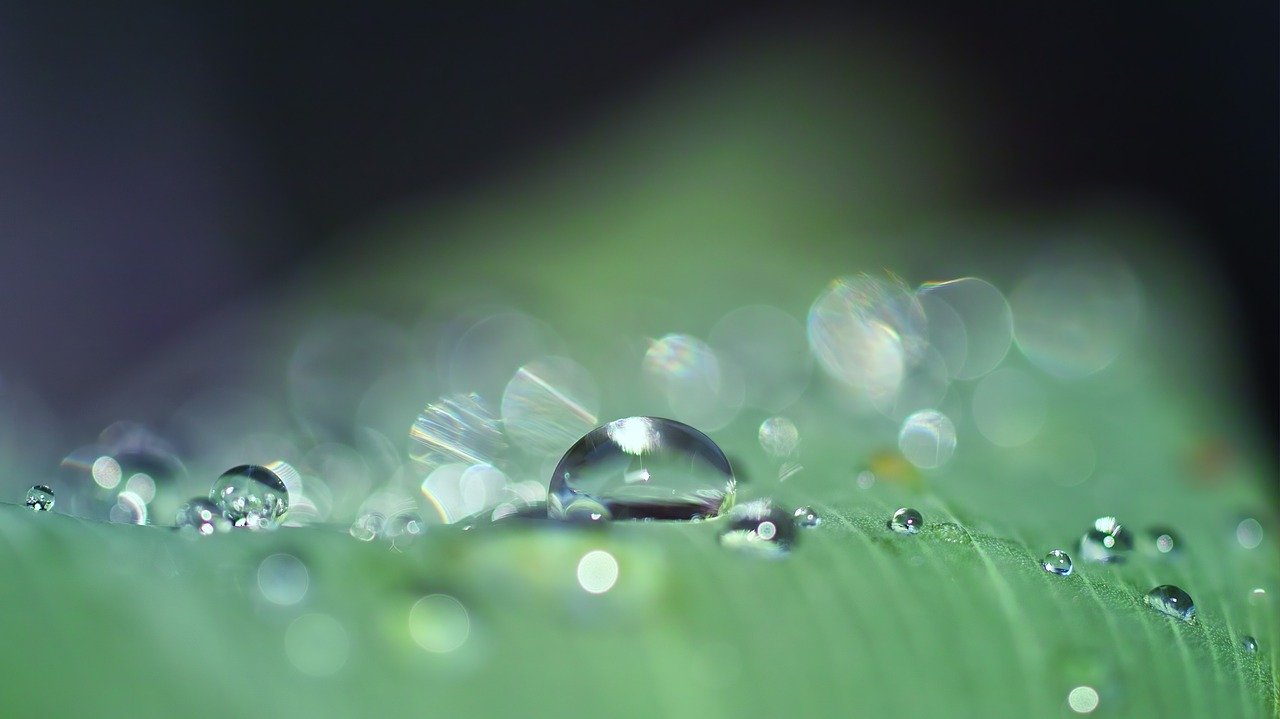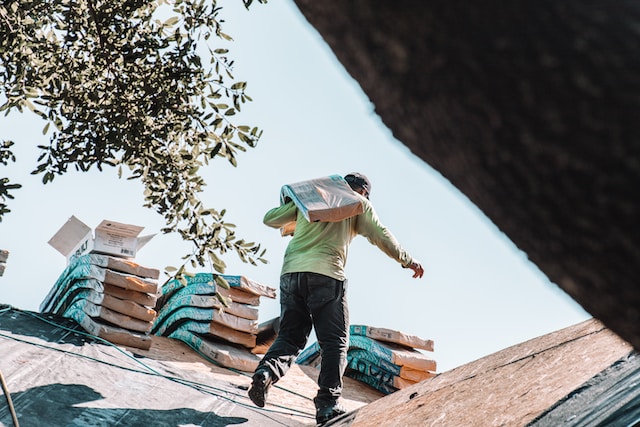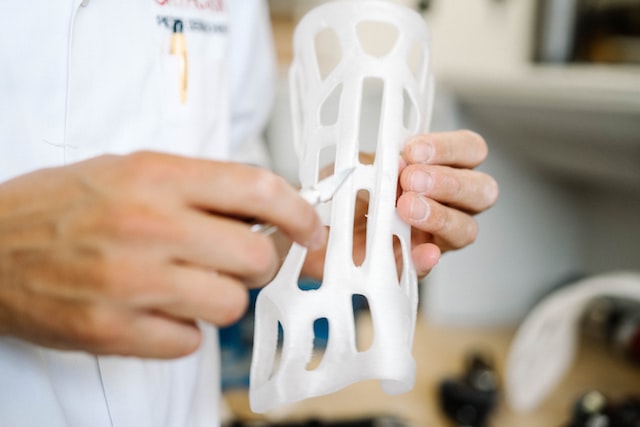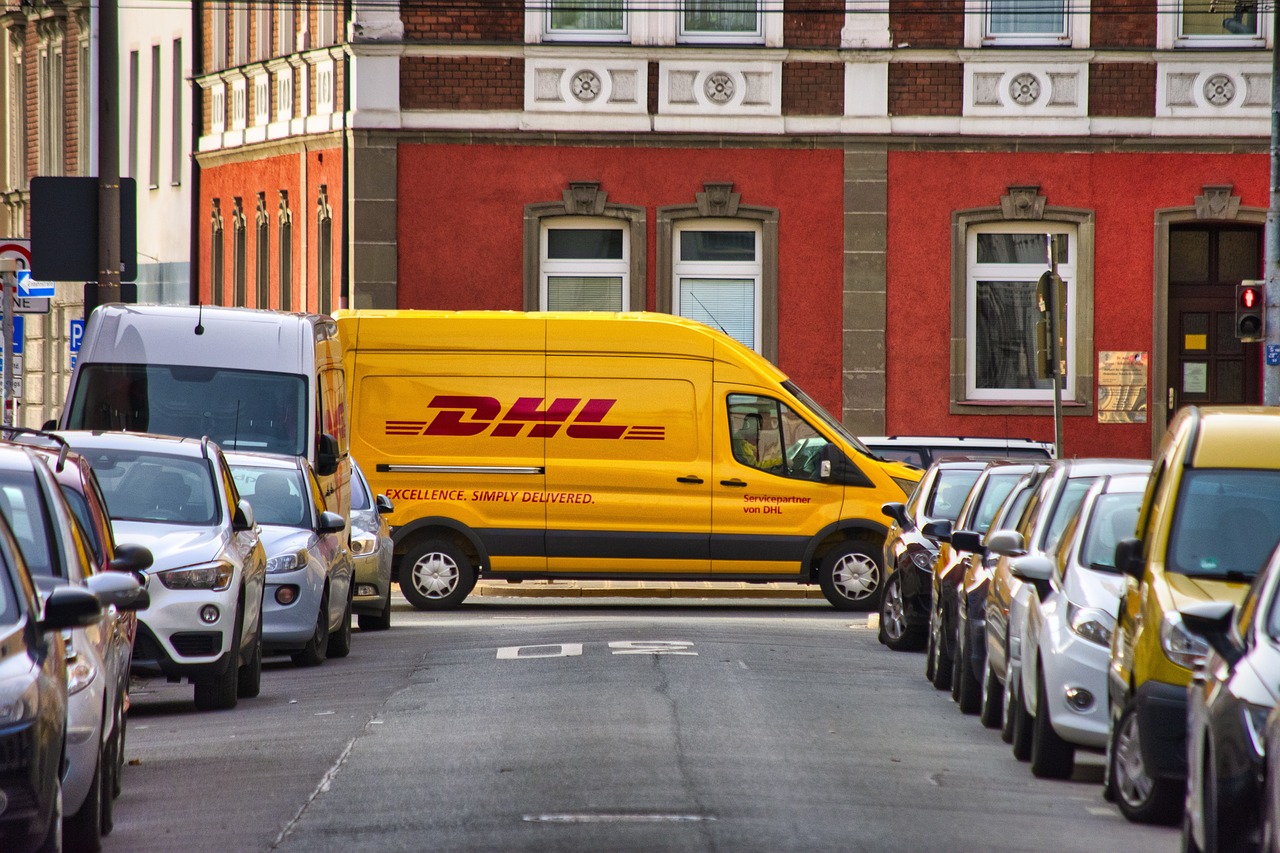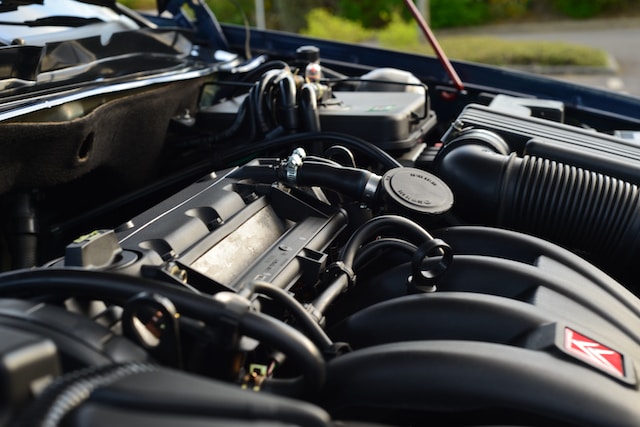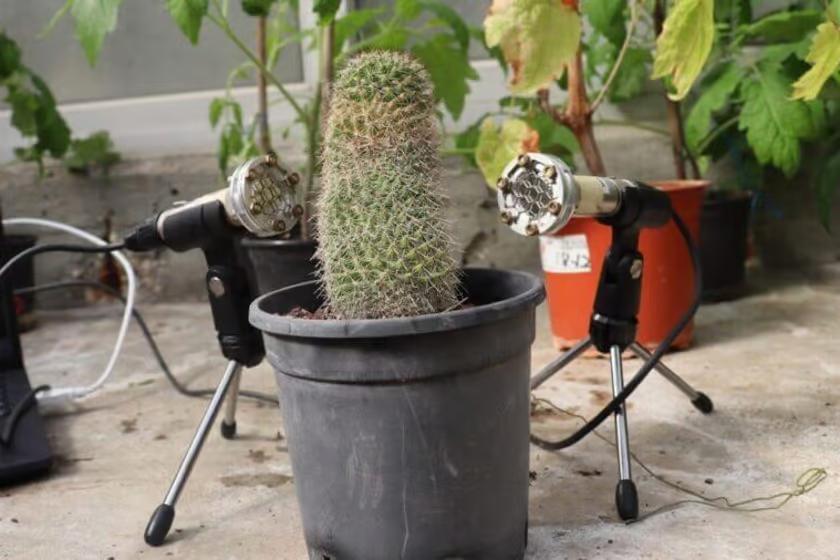Acid rain is no longer the only or even the worst type of rains that fall on Earth. Researchers have introduced the term ‘Plastic Rain’, which is the result of long-term, massive-scale, persistent, and intensive pollution.
Long story short, we have been ditching plastics in the environment for so long, that they have become tiny microplastics that can travel upwards through water surface evaporation, travel long distances in clouds or thanks to the wind, and then fall on virgin ecosystems like the Grand Canyon or the Joshua Tree national parks.
A team of researchers took rain samples from eleven protected areas in the United States and estimated that about 1000 metric tons of microplastics per year are falling on these otherwise “protected” grounds. That’s roughly the equivalent of 300 million plastic water bottles, or 132 small fragments falling on every square meter in the wilderness every day. This is obviously causing a disruption in these sensitive ecosystems, as the fauna and flora that live in them were not made to be able to deal with a deluge of synthetic microfibre or acrylic-based microplastic particles.
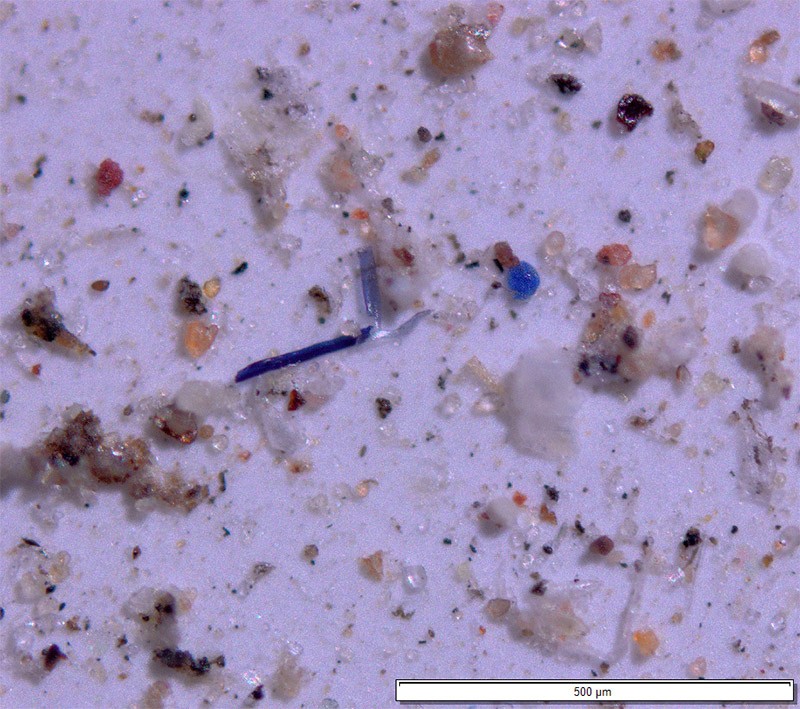
Microscope image of microplastics in atmospheric particulate samples. 500 pm. Image via Janice Brahney/ Utah State University.
This is not only about the national parks and the animals that live there, as the findings are a reminder of the direct impact that pollution has on all of us, no matter where we live. On average, we are inhaling 11 microplastic fragments per hour, that are smaller than four microns in diameter. Those are too small to notice, like dust, but they are still causing lung problems like asthma and even cancer.
Realizing this fact is the first step in a long way of things that must be done, and dramatically limiting the use of plastics should be the next one. There’s little that we can do about the microplastics that have already been deposited in our natural environment, so focusing on limiting this burdening activity from now on is the least that we can do.

